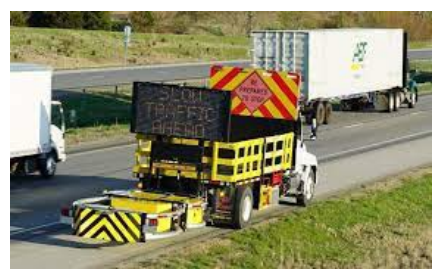ICI is accepting applications for the 2024 ICI Safety Program Awards.
To be considered for an award, applicants must meet the following eligibility requirements:
- Current Indiana Constructors membership.
- No IOSHA citable work-related fatalities since January 1, 2022.
- Must have active jobsites available for visit during July through October 2024.
- Must allow random and unannounced jobsite validation and worker interviews.
Awards will be announced at ICI’s Annual Meeting on Friday, Dec. 6.
Completing the application:
- Application form which is filled in and submitted once you have completed all the requested information.
- The application form will also request independent documentation. The documents should be provided in a PDF file format and included as attachments to the email when you send your application.
For award consideration, all materials must be current and complete, submitted no later than Friday, Aug. 2.
Please contact Jim Wood at (317) 634-7547 if your company is unable to participate electronically.


